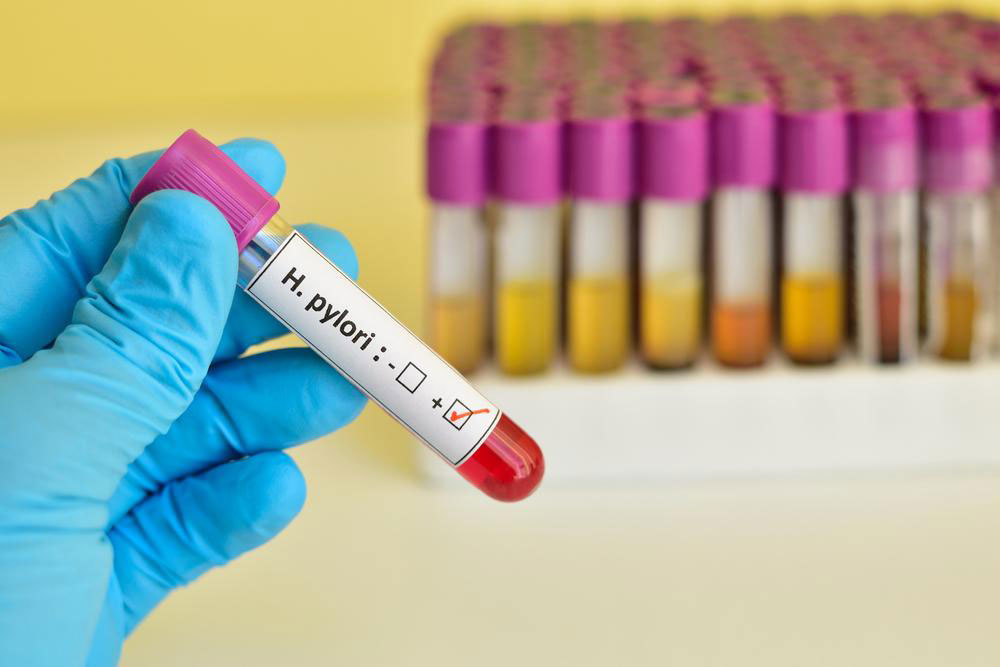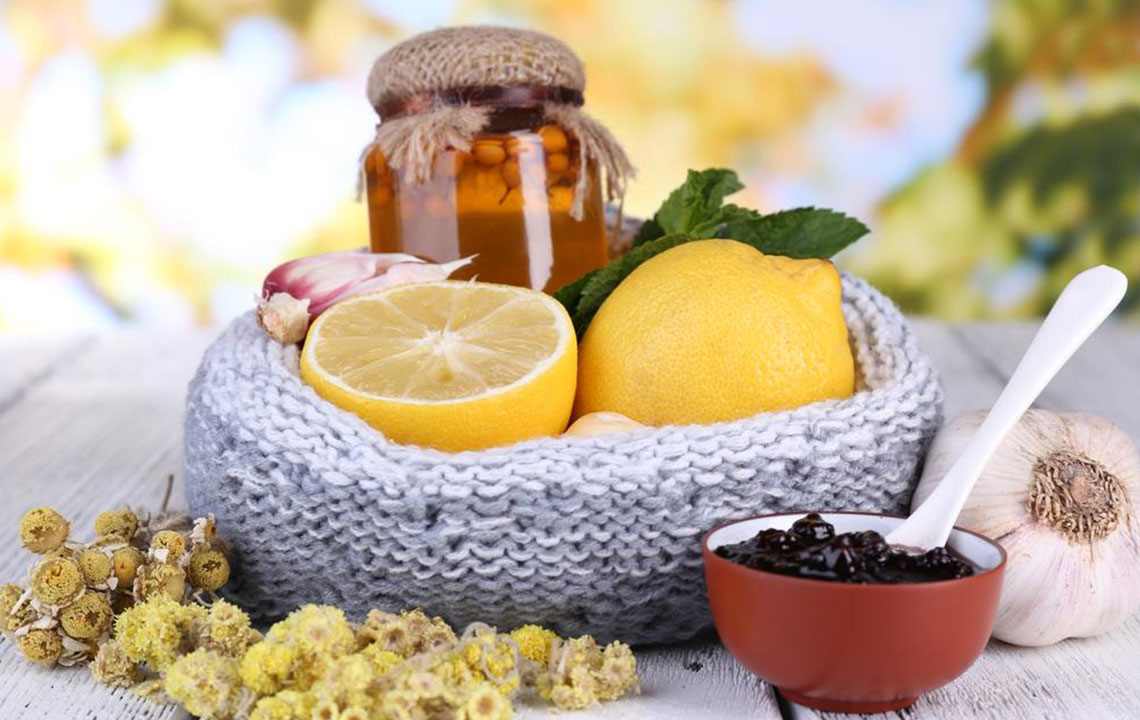Effective Strategies and Natural Approaches to Combat H. Pylori Infection
Discover effective treatment approaches and natural remedies for H. pylori infection. Learn about transmission, symptoms, risk factors, and management strategies to protect your digestive health. Combining medical and lifestyle interventions can help control and eliminate this common bacterial infection effectively.

Understanding and Managing H. pylori Infection
H. pylori bacteria reside in the human digestive system, infecting around 60% of the global population. Typically asymptomatic, these spiral-shaped microbes can damage the stomach lining, causing issues like peptic ulcers and gastritis. They survive in the stomach's acidic environment by altering it, making themselves more comfortable and escaping immune defenses. This can lead to immune suppression and digestive problems. Learn about causes, symptoms, prevention, and treatment options for this common infection.
How Is H. pylori Transmitted?
The precise origin remains unclear
It spreads through oral contact with saliva
Contaminated food, water, or utensils can carry the bacteria
Poor hygiene habits, especially after bathroom use, increase risk
Risk Factors for H. pylori Infection
Since transmission often occurs in childhood, the risk factors include:
Living with an infected person
Overcrowded living conditions
Using contaminated water sources
Unsanitary living environments
Recognizing Symptoms
Persistent stomach pain, especially several hours after eating or at night
Recurrent discomfort relieved by antacids
Additional signs include frequent burping, nausea, indigestion, bloating, unexplained weight loss, and loss of appetite
Severe symptoms like blood in stool, anemia, or difficulty swallowing necessitate prompt medical attention
Treatment and Management Options
Medicines: Antibiotic regimens combined with acid reducers (like proton pump inhibitors such as omeprazole or lansoprazole) are standard treatments.
Lifestyle Changes: Adopting a balanced diet, quitting smoking, reducing alcohol intake, and avoiding spicy foods can help control symptoms and prevent complications.
Natural Remedies for H. pylori
Milk: Contains lactoferrin, which inhibits bacterial growth
Honey: Possesses antibacterial properties that can support healing when used alongside medical treatments
Green tea: Reduces stomach inflammation and bacteria growth, easing gastritis symptoms
Probiotics: Help restore healthy gut bacteria, enhancing eradication success
Licorice root: Prevents bacteria from adhering to stomach lining
Aloe vera: Supports digestive health and inhibits bacterial growth










